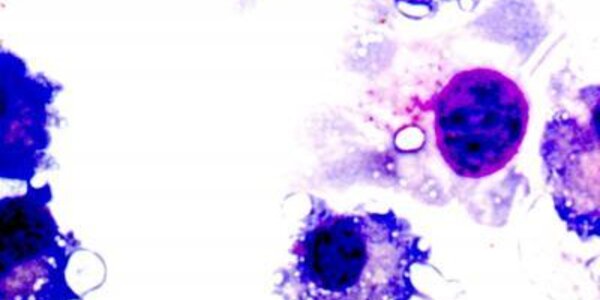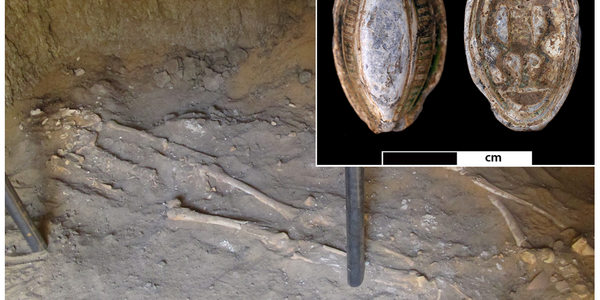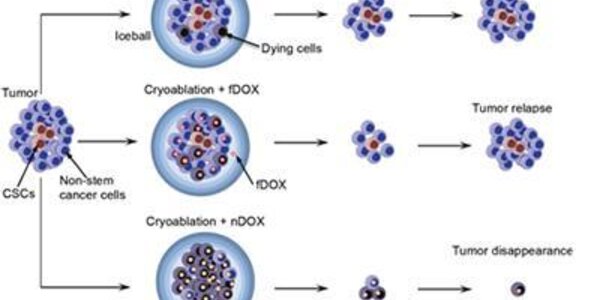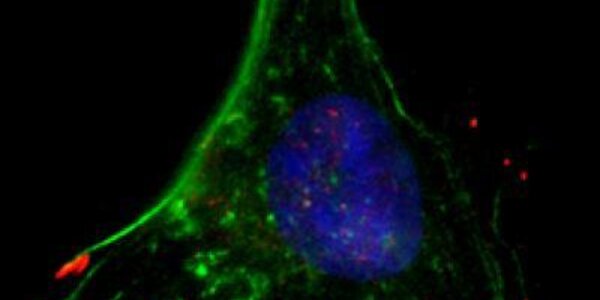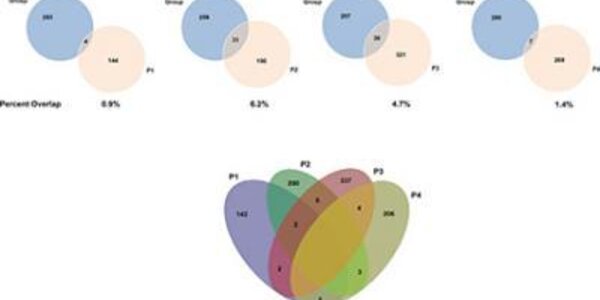Peach Extract Found To Inhibit Breast Cancer Metastasis
Laboratory tests conducted at Texas A&M AgriLife Research have found that treatments with peach extract inhibit breast cancer metastasis in mice, likely due to the mixture of phenolic compounds present in the peach extract, they write in the Journal of Nutritional Biochemistry.
In the western hemisphere, breast cancer is the most common malignant disease for women, he said. In the U.S. last year, the American Cancer Society estimated about 232,340 new cases of invasive breast cancer among women. Most of the complications and high mortality associated with breast cancer are due to…

